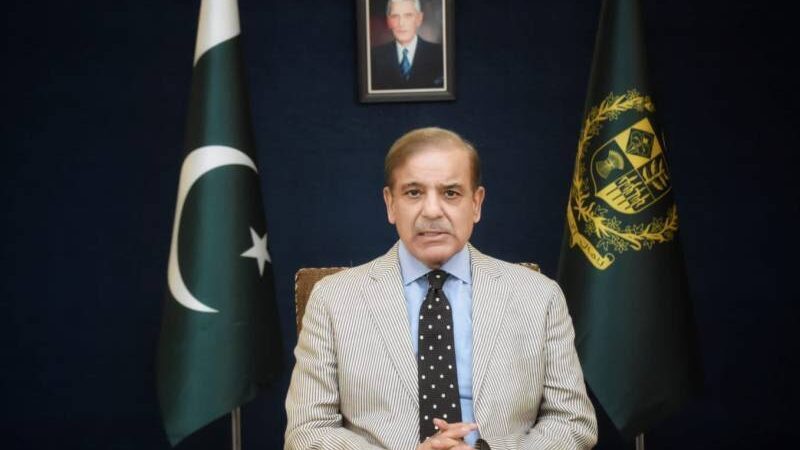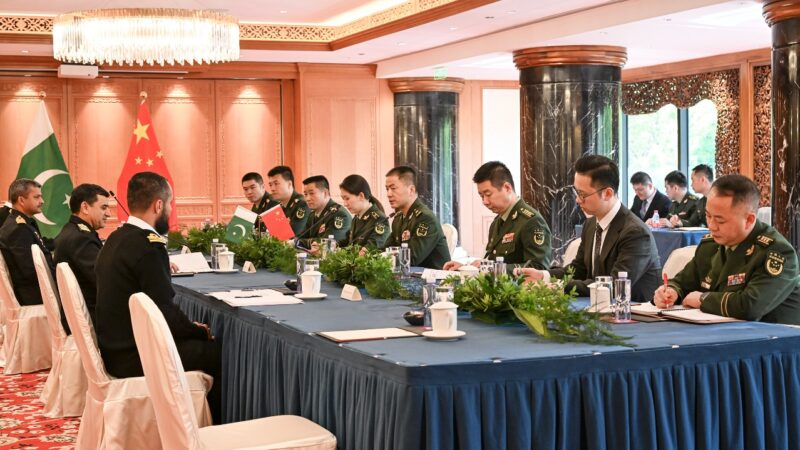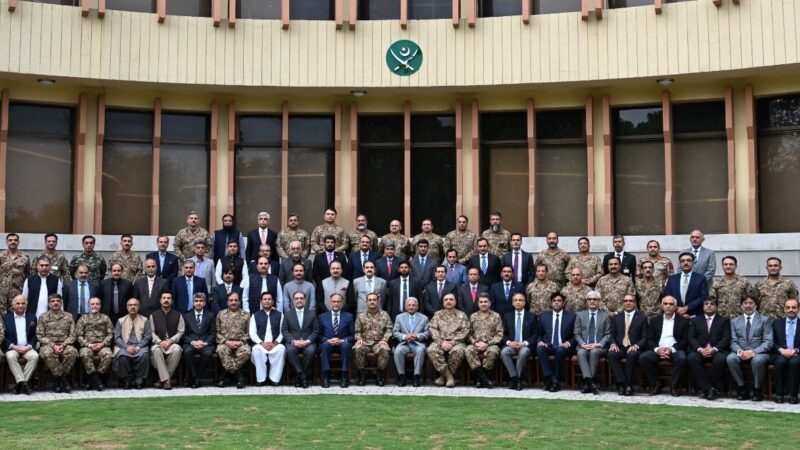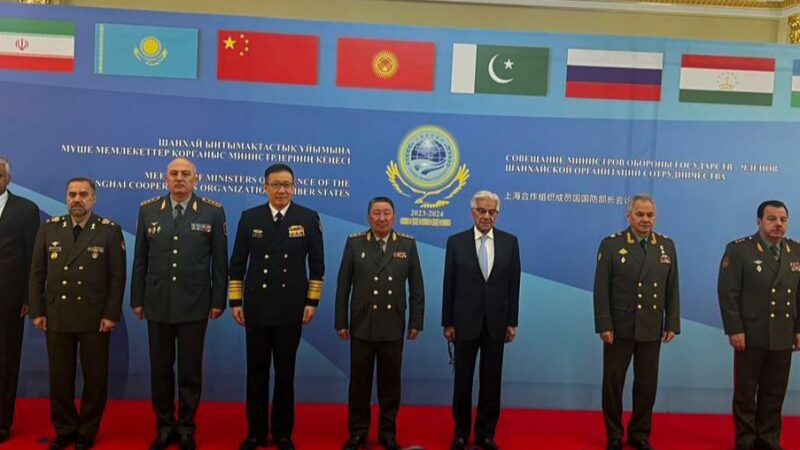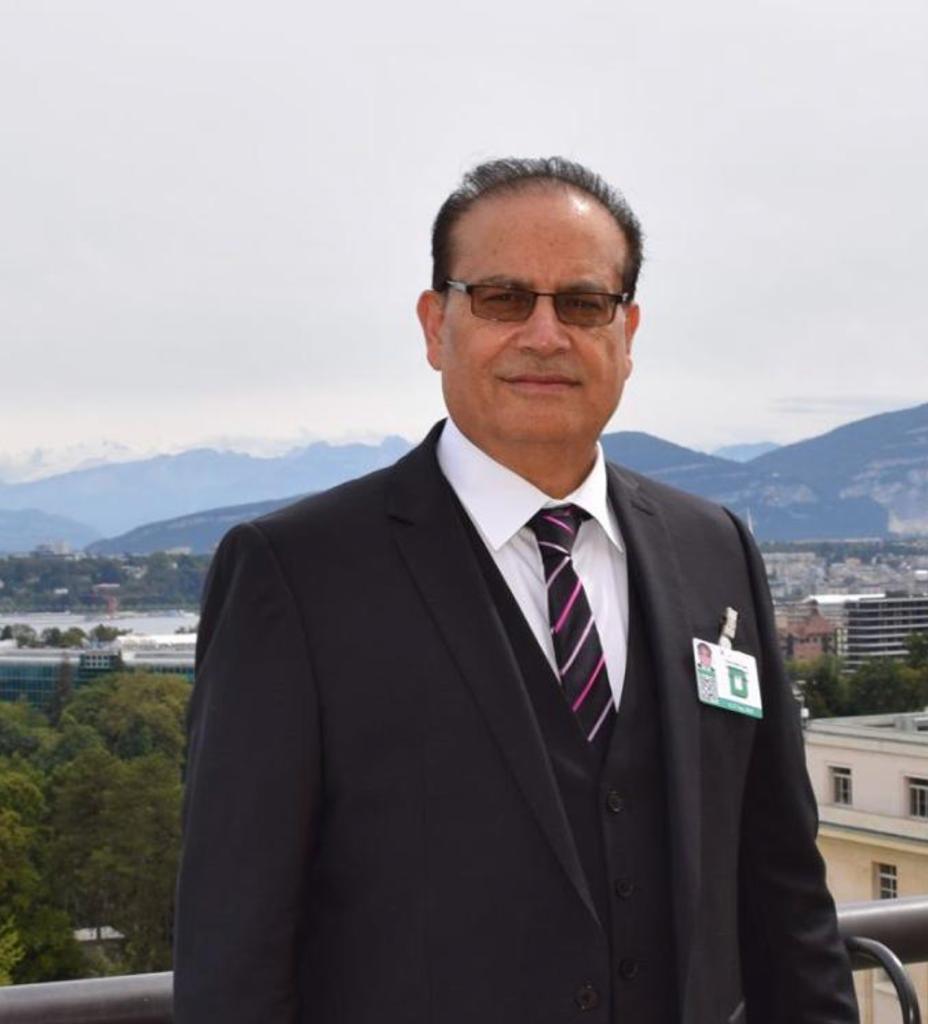By Qamar Bashir
Former Press Secretary to the President
Former Press Minister to the Embassy of Pakistan to France
Former MD, SRBC
Today, both the Supreme Court and the Islamabad High Court voiced their profound concern over separate yet crucial issues. The Supreme Court took a stern stance regarding a petition filed to declare the 2024 Elections null and void, emphasizing the gravity of such a legal move and expressing dissatisfaction with the subsequent withdrawal of the appeal. Meanwhile, the Islamabad High Court addressed the disappearance of 12 Baloch students from Islamabad, expressing deep frustration and dismay over the violation of their fundamental human rights enshrined in the constitution and the law of the land.
Interestingly, both cases are intertwined, albeit in different ways, with the establishment. In the Supreme Court case, a retired Brigadier filed the appeal to declare the 2024 election null and void, implicating the country’s electoral process. Conversely, in the High Court case, the nation’s esteemed spy agencies were implicated regarding the disappearance of individuals. While the issue of missing persons warrants attention, let’s delve into the Supreme Court case concerning the election appeal.
Delving into the motives behind the retired Brigadier’s petition before the Supreme Court of Pakistan reveals a concern for the fairness and integrity of the electoral process, especially amidst allegations of widespread rigging. However, in filing the application, the retired Brigadier may not have fully grasped the financial implications of the re-elections to the state, political parties and the candidates, and the complex political dynamics at play within Pakistan, potentially underestimating the nuances of the situation.
He may have overlooked the broader implications of nullifying the elections, such as the potential impact on investor confidence, trade relations with friendly countries, and the stability of the stock exchange. Additionally, withdrawing support from organizations like the IMF and creditors could exacerbate economic challenges, leading to increased inflation and hardship for the common populace.
He might have erred in grasping the dynamics of allegations of rigging by PTI, JUI, GDA, and JI which in fact are emblematic of the broader landscape of partisan politics in Pakistan, where accusations of electoral misconduct are commonplace and often wielded as political leverage.
The futility of the petition became evident as major parties like PML(N), PPP, and MQM accepted the election results. PTI, while forming the government in KP and opting for opposition roles elsewhere, is concurrently engaging in legal and political battles to contest the alleged electoral malpractices. Despite serious reservations about the fairness of the process, parties like GDA, JI, and JUI have refrained from demanding the nullification of the elections. Instead, aggrieved parties are pursuing their grievances through legal avenues, such as Election Tribunals and the Supreme Court of Pakistan, or through political activism.
These realizations may have dawned on the Brigadier later, may be coupled with pressure or intimidation, either personally or from external forces, prompting him to withdraw the petition. Alternatively, he may have reconsidered the implications of pursuing the case further and decided to step back for personal or strategic reasons.However, the Supreme Court’s decision to proceed with the hearing indicates that they saw merit in investigating the allegations of rigging, regardless of the petitioner’s withdrawal.
Alternatively, the latest confession of the Commissioner Rawalpindi where he implicated the chief election commissioner and the Chief Justice in the alleged massive and blatant riggings might be the actual reasons which might have prompted to the Supreme Court to take up this petition on its guise discuss the commissioner’s confession and allegations in an attempt to clear the chief justice from his alleged involvement in the rigging.
As the legal battle would unfold, the Supreme Court would face the arduous task of navigating complex political terrain. Though the petitioner’s plea raises fundamental questions about the credibility of the electoral outcome, none of the political parties, the legal fraternity or civil society have ever voiced their intention to declare the elections null and void. All of them have preferred to resort to the legal battle and wage democratic campaigns to seek justice.
In this scenario, if the supreme court proceeds with the hearing, it might first determine the competency of the retired Brigadier to file any appeal to nullify the elections. This typically involves demonstrating a personal stake in the outcome of the election, such as being a candidate who lost due to the alleged irregularities. Moreover, the petition must be based on specific and verifiable grounds, such as evidence of widespread irregularities, rigging, or violations of electoral laws. The court may consider mere dissatisfaction with the elections as insufficient reason to petition the supreme court.
The Supreme Court may also take into account that major political parties like PPP, PTI, PML(N), or MQM have accepted the election results and may be hesitant to become parties to the petition. Conversely, smaller parties that were marginalized in the elections, as well as individuals or civil society organizations advocating for electoral transparency and accountability, may step forward to defend the petition. They may argue that the pervasive irregularities have undermined the legitimacy of the results, warranting judicial intervention to nullify the elections.
The aggrieved political parties like PTI, JI, GDA and JUI if summoned by the SC may argue that though the election process was replete with irregularities, the overall integrity of the election was not compromised to the extent that would warrant nullifying the results. Additionally, they may stress the importance of addressing the genuine grievances by alternative avenues such as legal challenges or democratic campaigns.
The Supreme Court after meticulously weighing the arguments may consider various options while deciding the case. If the evidence fails to substantiate widespread rigging or irregularities that significantly undermine the election’s integrity, the supreme court might dismiss the petition. And if credible allegations warrant further investigation, ordering a recount or an inquiry in specific constituencies to rectify concerns without nullifying the entire election.
However, in the event of irrefutable evidence of systemic fraud that fundamentally compromises the election’s fairness, declaring it null and void may be the necessary course of action, ensuring democratic principles prevail and future electoral integrity is maintained.
The Supreme Court’s determination to proceed with hearing the petition, even after its withdrawal, underscores the gravity of the situation surrounding the 2024 elections. It reflects an attempt by the Chief Justice to clear his name and may reflect the Court’s commitment to address the widespread allegations of rigging that have garnered attention nationally, regionally, and internationally.
The direction taken by the Supreme Court in this pivotal case could significantly impact the outcome of the controversial elections. Its findings have the potential to guide the country out of its current political, economic, and financial challenges or further entrench it in political and legal turmoil. Therefore, the Supreme Court’s actions carry immense weight and importance in navigating the country’s future course.

